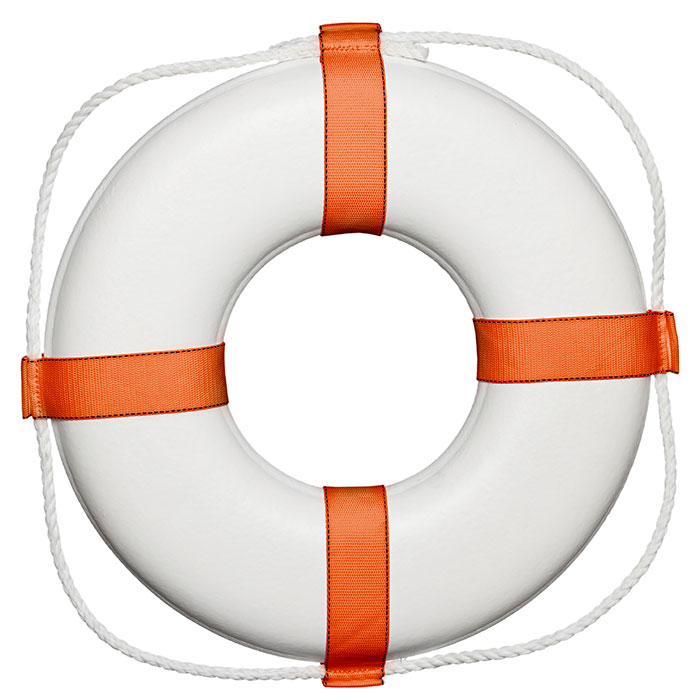
Sorry! The page has experienced an error

The page you have selected cannot be found or may have been moved.
If you received this error when you clicked on a URL from our website, please contact us.


The page you have selected cannot be found or may have been moved.
If you received this error when you clicked on a URL from our website, please contact us.